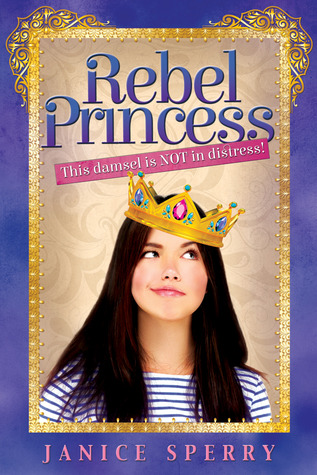 Juvenile readers do not generally post book reviews; there are the security issues of a child's online presence, for one thing. Authors of these genres rely heavily on word of mouth advertising and get their reviews from avid readers who review a lot of books. I wanted to support an author friend, who is a member of my critique group, by buying her book for my granddaughter. Buying books is definitely a way to support authors, but what else could I do? Even small efforts make a difference. If I were the reader, I would do a book review. Why not post what my granddaughter thought of the book? Can/should parents and grandparents give reviews by proxy for minors? I decided to give it a try.
Juvenile readers do not generally post book reviews; there are the security issues of a child's online presence, for one thing. Authors of these genres rely heavily on word of mouth advertising and get their reviews from avid readers who review a lot of books. I wanted to support an author friend, who is a member of my critique group, by buying her book for my granddaughter. Buying books is definitely a way to support authors, but what else could I do? Even small efforts make a difference. If I were the reader, I would do a book review. Why not post what my granddaughter thought of the book? Can/should parents and grandparents give reviews by proxy for minors? I decided to give it a try.I avoided leading questions and asked general ones (see below). Then I posted the review as myself in her behalf. Here's how it turned out for Janice Sperry's The Rebel Princess:
I bought this book for my granddaughter, skimmed through it and found it delightful, but didn't actually read the whole thing. This review is what my granddaughter (age 10) said about it:
What did you like or not like? Her: I liked that Charming turns into a mouse and when they are trapped by the tooth fairies. Me: It's clever and funny.
What did you think overall? Her: 5 stars. It was fun. It had the right amount of everything.
Would you recommend it to anyone? Her: Yeah. I already told my friend about it and I'm going to lend it to her.
Tell me more about it. Her: At first Raven hates Charming but she crushes on him in the end. Me: There's a character arc. Her: The author explains really well, enough that I wanted to eat the gingerbread house. Me: Good descriptions.
There you have it!
Do you think more children's reviews should be published from their viewpoint? Is there a better way to go about this?



